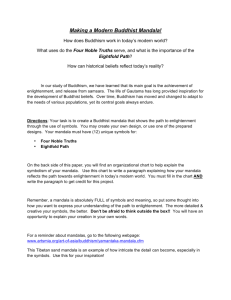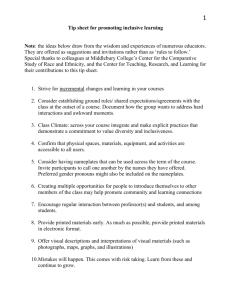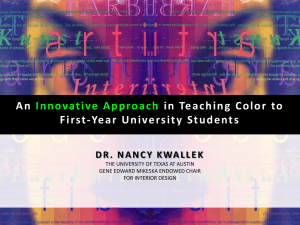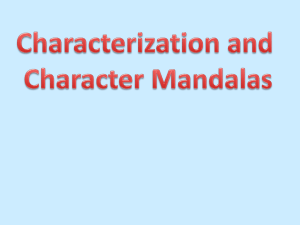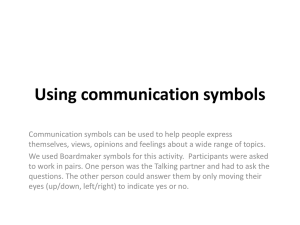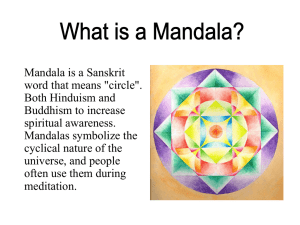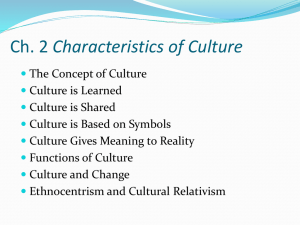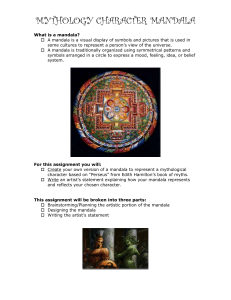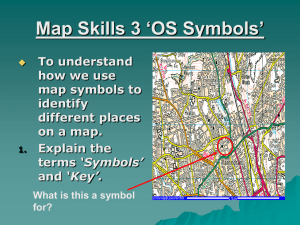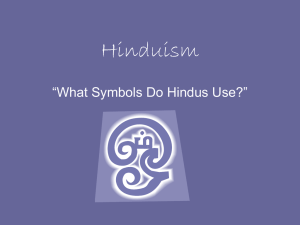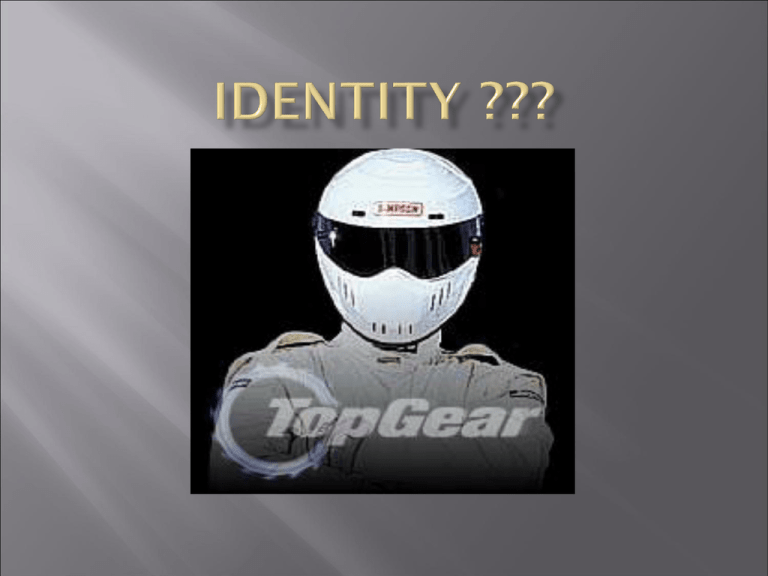
1 A name or persona—the mask or appearance
one presents to the world—by which one is
known.
This criminal has taken on several identities
2 Knowledge of who one is.
I've been through so many changes, I have no sense of identity.
This nation has a strong identity.
3-The difference or character that marks off an
individual from the rest of the same kind,
selfhood.
4- The sameness some individuals share to make
up the same kind or universal.
What you really are...
becomes only clear ,
when you look in the heart of your heart...
Who looks outside,
Dreams..
Who looks inside,
Becomes aware...
(Gustav Jung)
Psychologists most commonly use the term
"identity" to describe PERSONAL IDENTITY,
or the idiosyncratic things that make a person
unique.
Meanwhile, sociologists often use the term to
describe SOCIAL IDENTITY, or the collection
of group memberships that define the
individual.
However, these uses are not proprietary, and each
discipline may use either concept.
CULTURAL IDENTITY refers to the content
of values as guiding principles, to meaningful
symbols, and to life-styles that individuals
share with others, though not necessarily
within recognizable groups.
Identity is a dynamic concept
Each individual is seen to have a repertoire of
identities open to them (social and personal),
each identity informing the individual of who
he is and what this identity entails. Which of
these many identities is most salient for an
individual at any time will vary according to
the social context.
SYMBOLS : words(languages) , gestures,
images, objects (cloths, hairstyle, flags,...),...
HEROES : persons ( dead or alive, ficiton or
real) who can be considered as models for
behavior...
RITUALS : How to greet, social and religious
ceremonies , politics, business... Things which
stimulate the cohesion of a group.
STAGE
Psycho social crisis
Significant
relations
Psycho-social
modalities
1 : (0-1y)
Infant
Trust vs.
Mistrust
Mother
To get, to
Hope,
give in return faith
Sensory,
distortion
withdrawal
2 : (2-3y)
Toddler
Autonomy Parents
vs. Shame
and doubt
To hold on ,
to let go
Will,
determination
Impulsivity
compulsion
3: (3-6y)
preschooler
Initiative
vs- guilt
Family
To go after,
to play
Purpose,
courage
Ruthlessness
inhibition
Neighbourhood and
school
To complete,
to make
things
together
Competence
Narrow
virtuosity
inertia
4:(7-12or so) Industry
school –
vs.
age child Inferiority
Psychosocial
virtues
Mal adaptations &
malignancies
STAGE
Psycho social crisis
Significant
relations
Psycho-social
modalities
5: (1218or so)
adolescence
Ego-identity
vs. Roleconfusion
Peer
groups, role
models
To be oneself, to Fidelity,
share oneself
loyalty
Fanaticism
reduptiation
6: (the
20’s)
Intimicy vs.
isolation
Partners ,
friends
To lose or to
find oneself in
another
Love
Promiscuity
repudiation
7: (late
20’s to
50?s)
Middle
adult
Generativity vs. selfabsorption
Household,
workmates
To make be, to
take care of
Care
Overextension
rejectivity
Mankind
or”my
kind”
To be, through
having been, to
face not being
Wisdom
Presumption
despair
8: (50’s
Integrity vs.
and
despair
beyond
old adult
Psycho-social Mal virtues
adaptations &
malignancies
Mandala = Sanskrit for “Circle”
A Mandala can be described as any form of
geometric design that contains symbols of a
person’s inner self, guiding principles and
overall ideas about the world.
Reference : Carl Gustav Jung
Mandala exercise = to encourage self reflection
21
years
till
now
Important
moment :
“trauma” or “joy”
or...
0–7
years
Persons ?
HEROES?
VALUES
Symbols ?
Rituals?
14 – 21
years
7- 14
years
-
-
Gender / sex : ( man- woman )
Religion/faith/belief
Your participation in
society/community/NGO?
Your education?
Migration? (active/passive)
Trauma’s/ Moments of joy an happiness
Changes in role/position
...

